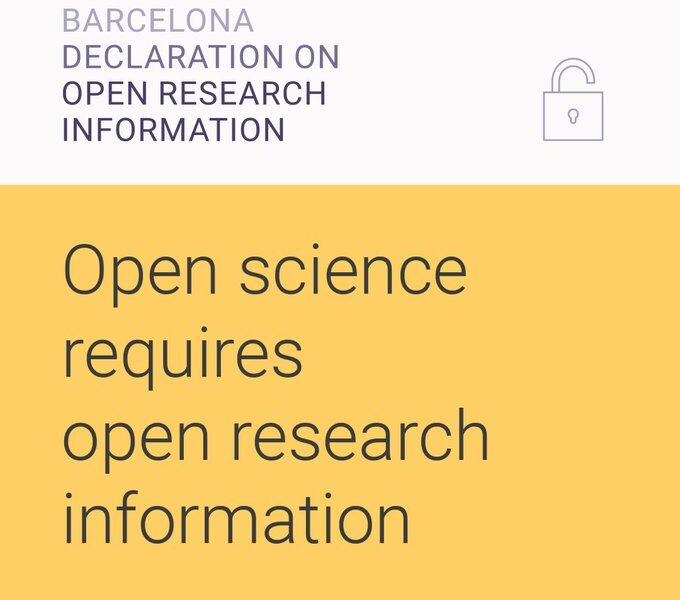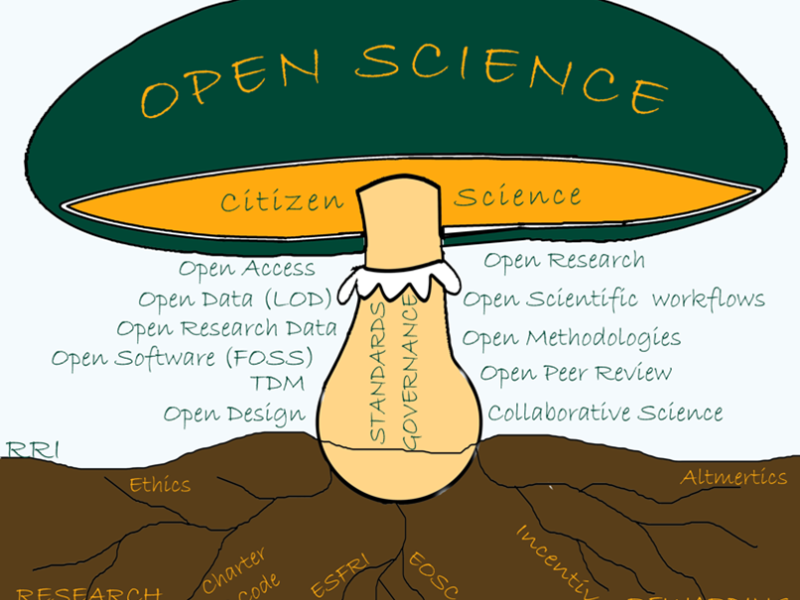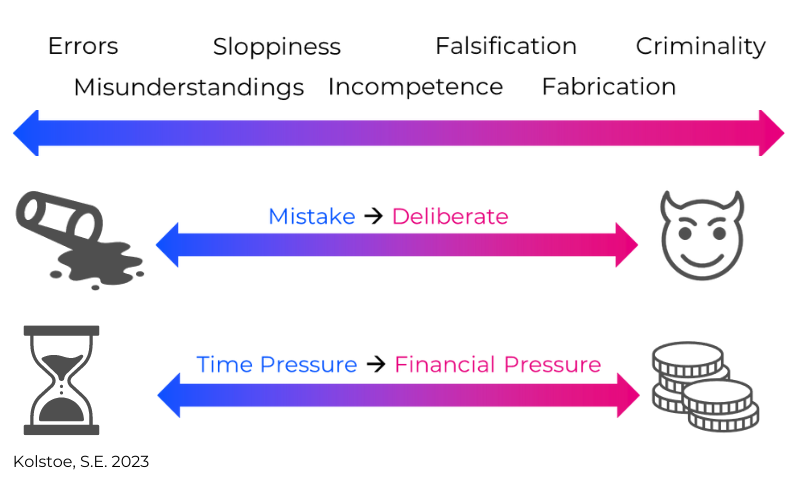Supporting Research Assessment
Supporting Research Assessment https://opusproject.eu/wp-content/uploads/2023/03/pexels-christina-morillo-1181472.jpg 1 1 Open and Universal Science (OPUS) Project Open and Universal Science (OPUS) Project https://opusproject.eu/wp-content/uploads/2023/03/pexels-christina-morillo-1181472.jpgResearch assessment is the process of evaluating the quality and impact of research. It plays a crucial role in determining the funding and resources allocated to research projects, as well as in shaping the direction of future research. In order to ensure that research assessment is fair, accurate, and supportive of researchers, it is important to adopt a number of best practices. In this article, we will discuss some of the ways in which researches can be supported in the research assessment process.
- Promote transparency and openness in research
Transparency and openness in research are crucial for promoting trust, collaboration, and progress in scientific research. Researchers should be encouraged to make their data, methods, and findings openly available to other researchers and the wider public. This not only helps to increase the reproducibility and rigor of research, but also allows for more comprehensive evaluation of research quality and impact.
- Use a range of metrics and evaluation methods
Research impact can be evaluated using a variety of metrics, including citation counts, peer review, and altmetrics (which measure the impact of research through social media and online engagement). It is important to use a range of metrics and evaluation methods to ensure that the evaluation is fair and comprehensive. For example, relying solely on citation counts can be problematic, as it may not reflect the impact of research on society or the wider community.
- Recognize and reward diverse forms of research impact
Research impact can take many forms, including economic, social, cultural, and environmental impact. It is important to recognize and reward diverse forms of impact, rather than focusing solely on traditional academic outputs such as publications and citations. Researchers should be encouraged to document and communicate the impact of their research on society and the wider community, and to use this information to demonstrate the broader value of their work.
- Provide training and support for researchers
Research assessment can be a complex and challenging process, particularly for early career researchers. Providing training and support for researchers on how to document and communicate their research impact can help to ensure that they are able to effectively demonstrate the value of their work. This could include training on how to write impact statements, how to engage with stakeholders, and how to use different metrics and evaluation methods.
- Foster a culture of collaboration and support
Research assessment should not be viewed as a competition between researchers, but rather as an opportunity to foster collaboration and support within the research community. Researchers should be encouraged to share their experiences and insights, to provide constructive feedback, and to work together to develop best practices for research assessment. By creating a culture of collaboration and support, researchers can help to ensure that the research assessment process is fair, accurate, and supportive of all researchers.
Supporting researches in research assessment requires a range of best practices, including promoting transparency and openness in research, using a range of metrics and evaluation methods, recognizing and rewarding diverse forms of research impact, providing training and support for researchers, and fostering a culture of collaboration and support. By adopting these practices, we can help to ensure that research assessment is fair, accurate, and supportive of researchers, and that it contributes to the development of high-quality, impactful research.
- Post Tags:
- #OpenScience
- #ResearchAssessment
- Posted In:
- Open Science News




